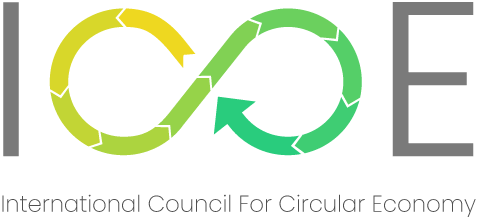The idea of waste reduction has been adopted by many countries by reducing the consumption of unwanted resources and thereby furthering the cause of zero-waste living. The concept has seemed to have originated in New Zealand and adopted by different countries and cities around the world. San francisco, a country in USA, has adopted a very grounded and inclusive approach and has achieved 77 percent waste diversion, the highest in the country, with a three pronged approach: enacting strong waste reduction legislation, partnering with a like-minded waste management company to innovate new programs, and working to create a culture of recycling and composting through incentives and outreach. The zero waste goal of the city is the responsibility of the Department of Environment (SFE) which works with Recology, the private waste management partner while San Francisco Department of Public Works and Public Health regulate the city’s waste. SFE’s Zero Waste team focuses on outreach, implementation of city-mandated recycling programs in sectors, and advancing waste reduction policy at the local and state level.
San Francisco’s zero waste journey began with enactment of a state law in 1989, the Integrated Waste Management Act. The law required cities and counties to divert 25 percent of municipal solid waste by 1995 and 50 percent by 2000. In 2002 only, the city announced its target to achieve zero waste to disposal by 2020. By 2009, when businesses and residents were habitual of voluntary waste reduction, the city passed a law mandating recycling and composting for all. The zero waste living in San Francisco was guaranteed by the legal arm of the government. The fact that there was a presence of political commitment to environmental sustainability is the reason for the citizens’ continued efforts for waste reduction. Additionally, the collaboration with a local company, Recology, proved very innovative for the legal reforms since it complemented the waste reduction task. Over time, the city and Recology have developed a symbiotic relationship. San Francisco conducts oversight, policy development, outreach, and research on technology and best practices, while Recology creates, tests, and runs infrastructure to collect and process trash, recyclables, and compostables. This also gave employment to many of the masses of San Francisco as both the company and the city authorities relied on local hiring. As a result by 2012, out of 18,000 to 20,000 commercial accounts, approximately 80 percent of companies were separating their organics.
Owing to the inclusive nature of the power holders, the city has been successful in making the practice of zero waste a part of habit and culture of people. Through regulation, outreach and partnership with locals, San Francisco is setting a perfect example for reducing the wastage of resources and adopting a zero-waste lifestyle.
